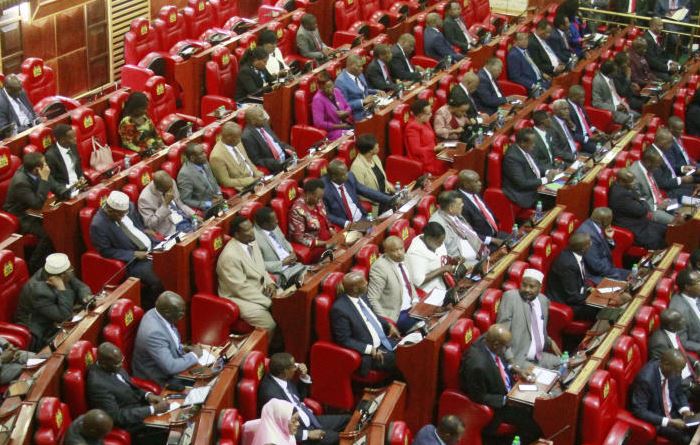×
The Standard e-Paper
Fearless, Trusted News

MPs are manufacturing all manner of reasons to protect their hefty perks and avoid taking responsibility for directing government response to the coronavirus pandemic.
While other parliaments are coming up with measures to cushion people and businesses from being wiped out by the disease, Kenyan lawmakers have stood out for their inertia.